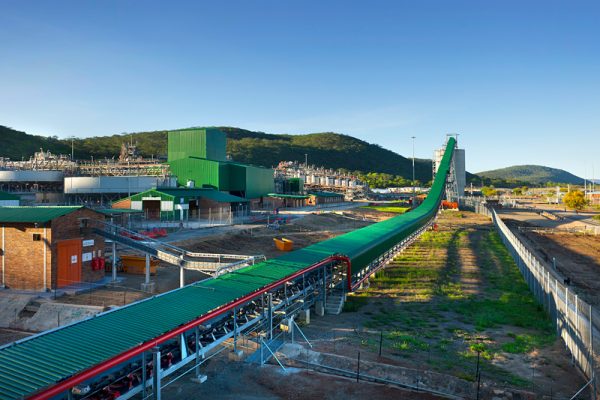Local Platinum Group Metals (PGM) producer Unki Mine recorded a 3% increase in production for the third quarter ending September 30, 2024, while its parent company, Anglo American Platinum, experienced a 10% decline in output due to reduced performance at other mines.
By Ryan Chigoche
Unki’s modest production increase, reaching 62,200 ounces, was attributed to higher underground throughput. Anglo American Platinum’s Group Chief Executive Craig Miller explained that the overall production decline was largely due to a mill breakdown at one of its South African mines.
“The decrease in total PGM production of 10% for the quarter was mainly due to the breakdown at the primary mill at the Mogalakwena North Concentrator on July 1, which led to a four-week downtime and a loss of 45,000 ounces, though this was partially offset by improved performance at the South Concentrator. Other factors included safety stoppages at Amandelbult, resulting in a 20,000-ounce loss following two fatalities in June, and the transition of Kroondal volumes to a 4E toll arrangement effective September 1,” Miller said.
Unki Mine, located in Gweru, Midlands Province, is one of Zimbabwe’s largest platinum reserves, with estimated reserves of 34 million ounces. It produces approximately 64,000 ounces of platinum annually. Meanwhile, owned production at Anglo was stable quarter-on-quarter at 552,000 ounces.
This stability was offset by lower output from Mogalakwena and Amandelbult, leading to an overall 10% decrease in PGM production compared to the previous period.
During the quarter, Mogalakwena’s production of 217,800 ounces was significantly impacted by an electrical failure in the North Concentrator’s primary mill in July, causing a 45,000-ounce loss.
At Amandelbult, PGM production dropped by 14% to 158,200 ounces, primarily due to operational safety stoppages in July aimed at improving safety following the two fatalities in June. This incident reduced production by 20,000 ounces. Despite this, Amandelbult maintained Q2 2024 production levels, showing progress in turnaround and operational excellence initiatives.
Mototolo’s PGM production declined by 3% to 74,100 ounces, mainly due to challenging ground conditions as the Lebowa shaft nears the end of its life. This decline was partly offset by increased production at Borwa. Positively, production rose by 12% from Q2 2024, reflecting improvements from measures to address skill shortages and stabilize the new seven-day mining shift cycle.
Refined PGM production (from owned production, excluding tolling) rose by 22% to 1,106,900 ounces, mainly due to the drawdown of work-in-progress inventory. PGM sales volumes (excluding trading) also increased by 16% to 1,102,200 ounces, supported by higher refined production.
However, the average realized basket price for Q3 2024 was $1,477 per PGM ounce, a 4% decline (or 9% in ZAR terms) from Q3 2023, primarily driven by a 17% drop in palladium prices and a 14% decrease in ruthenium prices.




